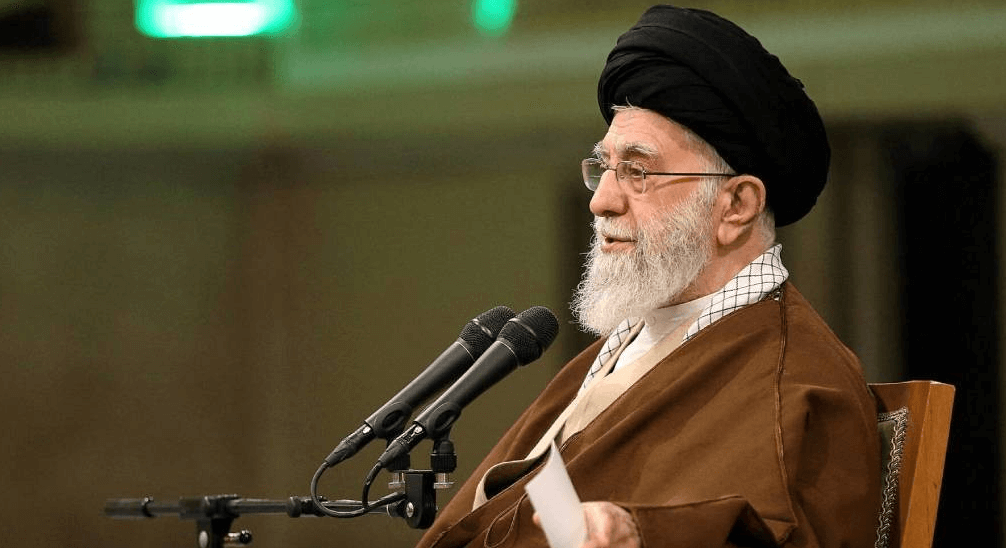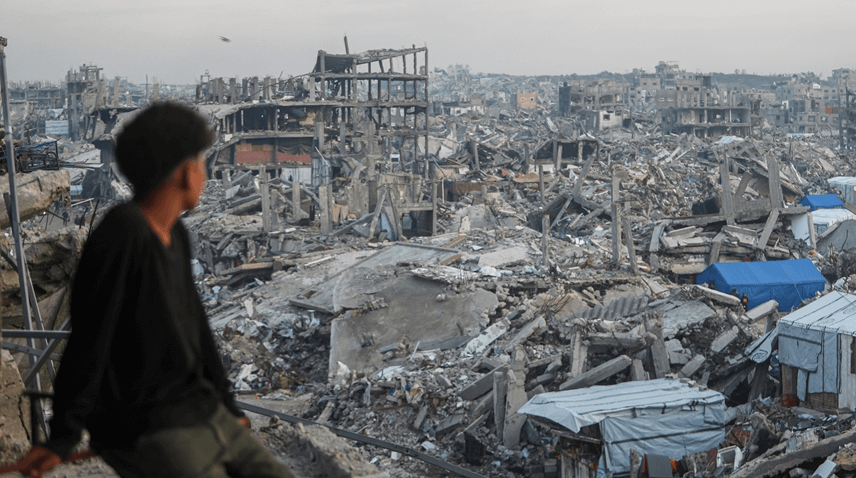Iran’s Supreme Leader Ayatollah Ali Khamenei instructed Iran on Saturday (March 8) that the country would not be pushed into negotiations, a day after U.S. President Donald Trump announced he had penned a letter urging Tehran to negotiate a nuclear deal.
Speaking in an interview with Fox Business, Trump signaled there were “two ways to deal with Iran: militarily or by making a deal” to stop the country from becoming a nuclear state.
Speaking to a meeting with Iran’s top leaders, Khamenei accused Washington of seeking to impose its will on Iran in the cover of negotiations, Iranian state television said.
“Such powerful states require negotiations not to resolve issues, but in order to implement their agenda,” Khamenei declared. “For them, negotiations amount to nothing but a pretext for making new demands. It is not merely about the nuclear file. Iran would never yield to such demands.”
Even though Khamenei did not mention Trump directly, his words appeared to be a direct response. The White House then reinforced Trump’s stance, with National Security Council spokesman Brian Hughes reaffirming that Iran had a choice between war or diplomacy.
“We hope the Iranian regime prioritizes the interests of its people, instead of backing terror,” Hughes said.
Though Trump has indicated he is willing to sit down with Tehran and negotiate a new deal, he has also resumed the “maximum pressure” policy of his first term, aiming to economically isolate Iran and choke its oil exports.
During his first term (2017–2021), Trump withdrew the U.S. from the 2015 nuclear accord between Iran and global powers, which had limited Iran’s nuclear activities in exchange for sanctions relief. Following the 2018 U.S. withdrawal, Iran began violating the agreement terms, raising its uranium enrichment far above levels agreed upon in the deal.
The head of the UN atomic agency, Rafael Grossi, recently warned that diplomacy has little time left, as Iran continues to enrich uranium towards weapons-grade levels. Iran insists that its nuclear program is peaceful.
Khamenei, Iran’s supreme leader, said that there is only one choice, which is to resist foreign pressure.
“They continue to pose new conditions which Iran will never agree to—whether it’s our defense structures, missile range, or role in the region,” he added.
Though Iran claims that its ballistic missile program is for defense purposes, Western nations view it as a threat to regional security. The tensions have also escalated in recent months with Iran unveiling new military capabilities, including its first drone carrier and a secret underwater naval base, amid rising tensions with the U.S. and Israel.







Leave a Reply